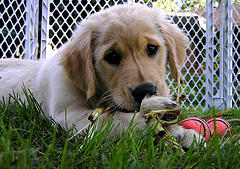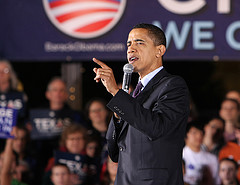Sports journalist Dave Zirin has a weekly radio show on XM Channel 167 every Saturday at noon (Eastern time). Zirin has started a regular segment called “Ask A Sports Sociologist.” So far he’s had two sociologists as guests:
You can hear Zirin’s show online here.
Note for Non-Windows users: the files are in WMA format. If you’re on a Mac, just download and install either Perian or Flip4Mac (both are free) and you’ll be able to use QuickTime to hear them. If you’re on Linux, you’ll have to install your distribution’s restricted format packages. For example, instructions for Ubuntu users.

 Follow
Follow  Professor
Professor  A recent
A recent  A new study from
A new study from